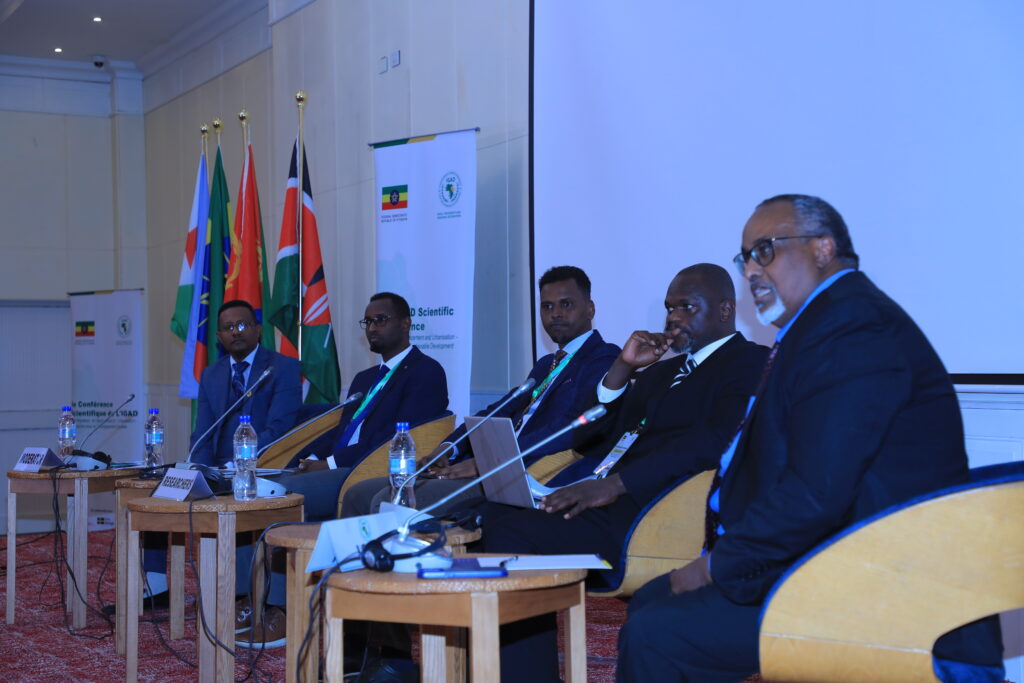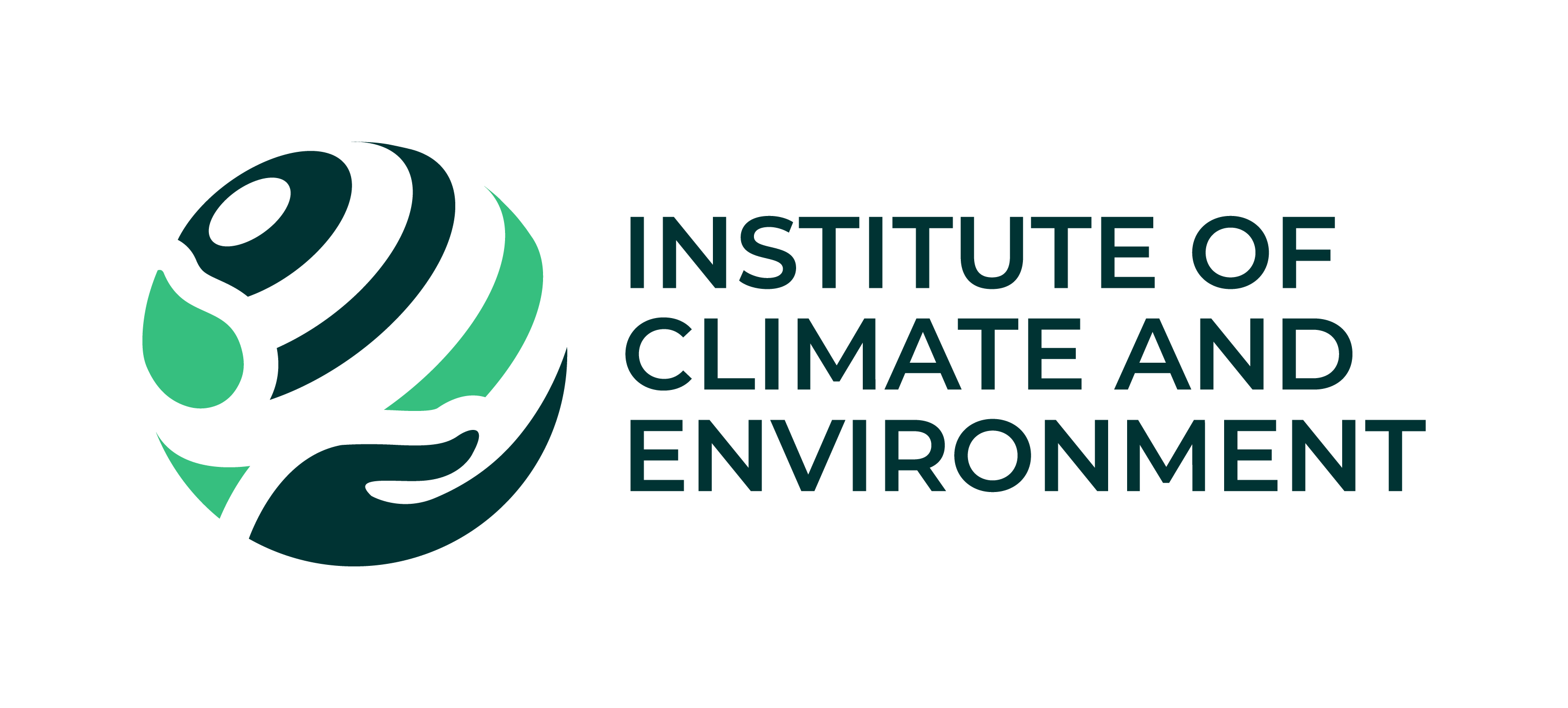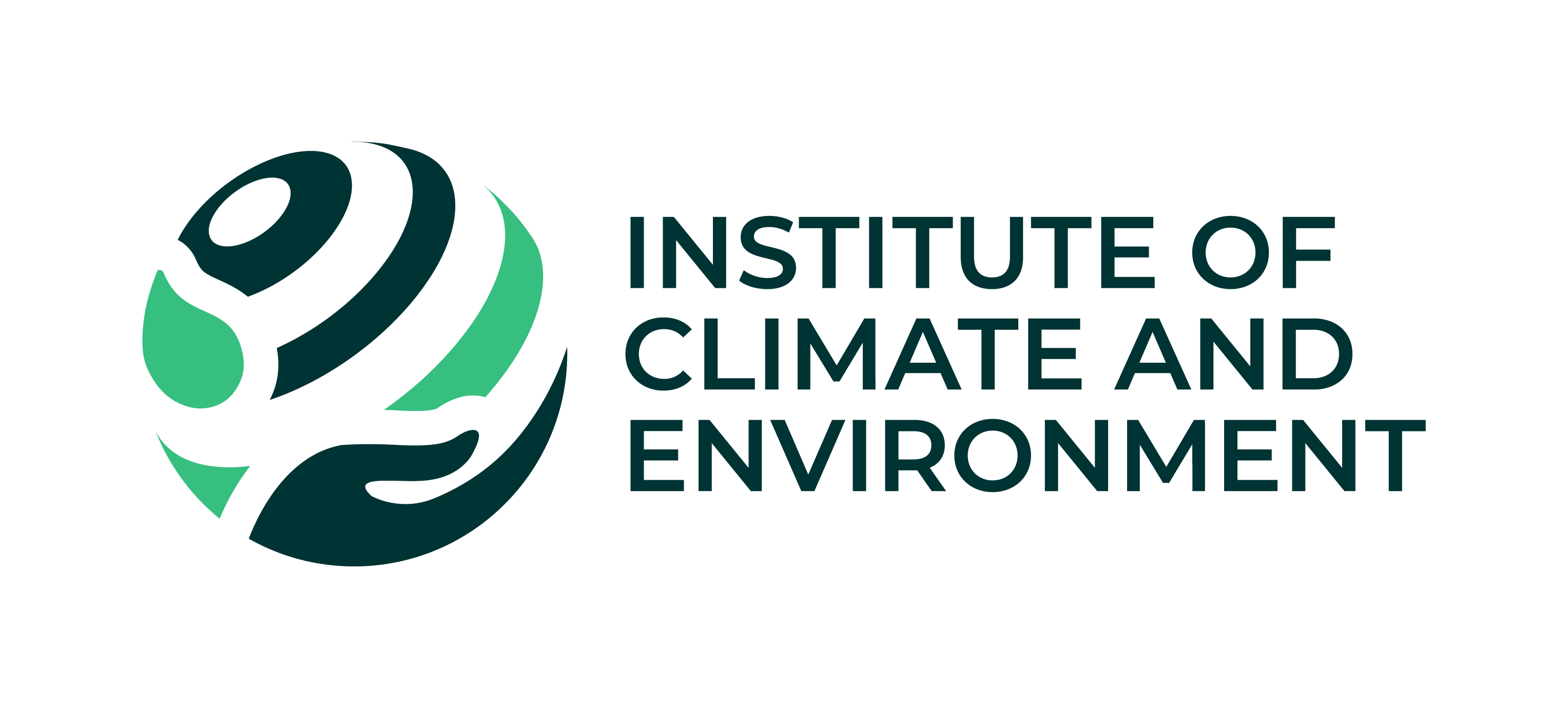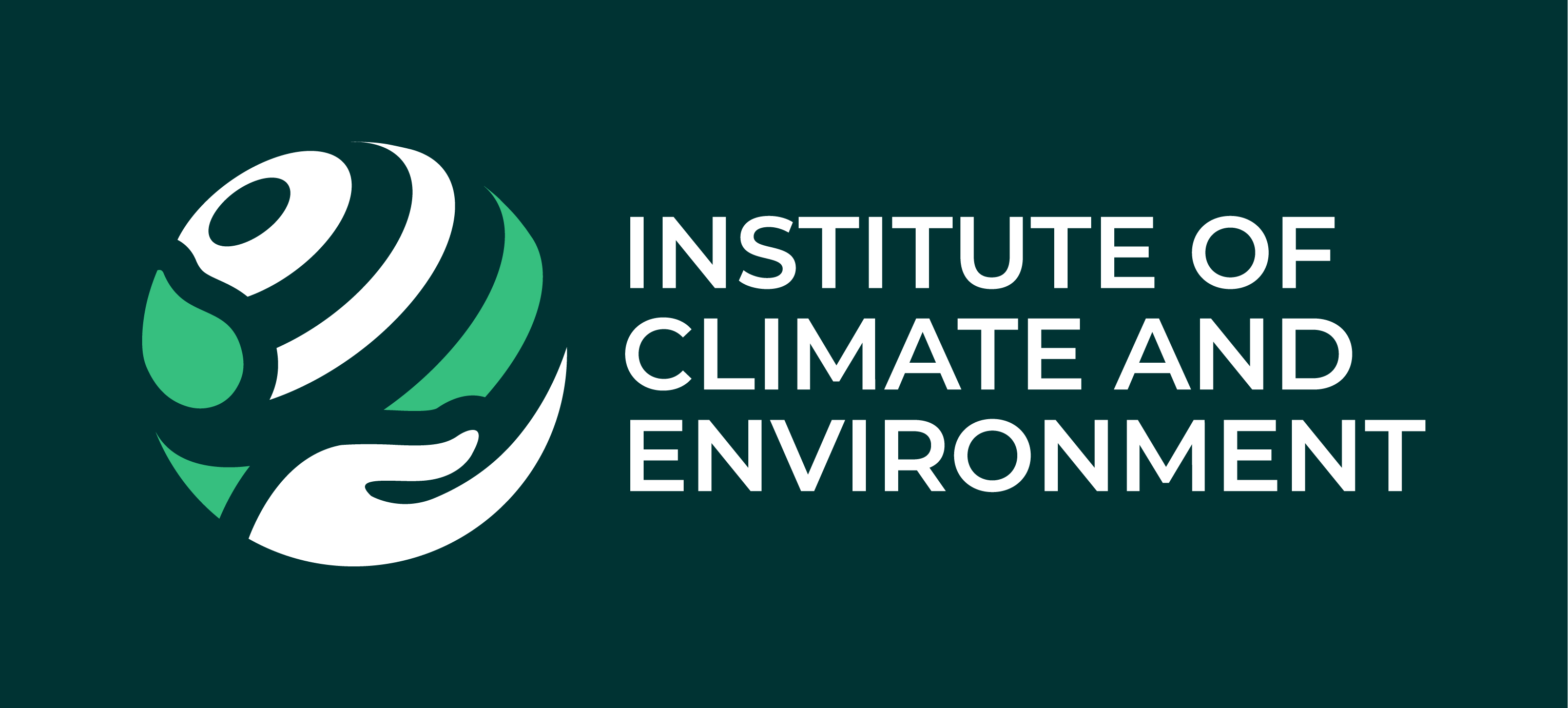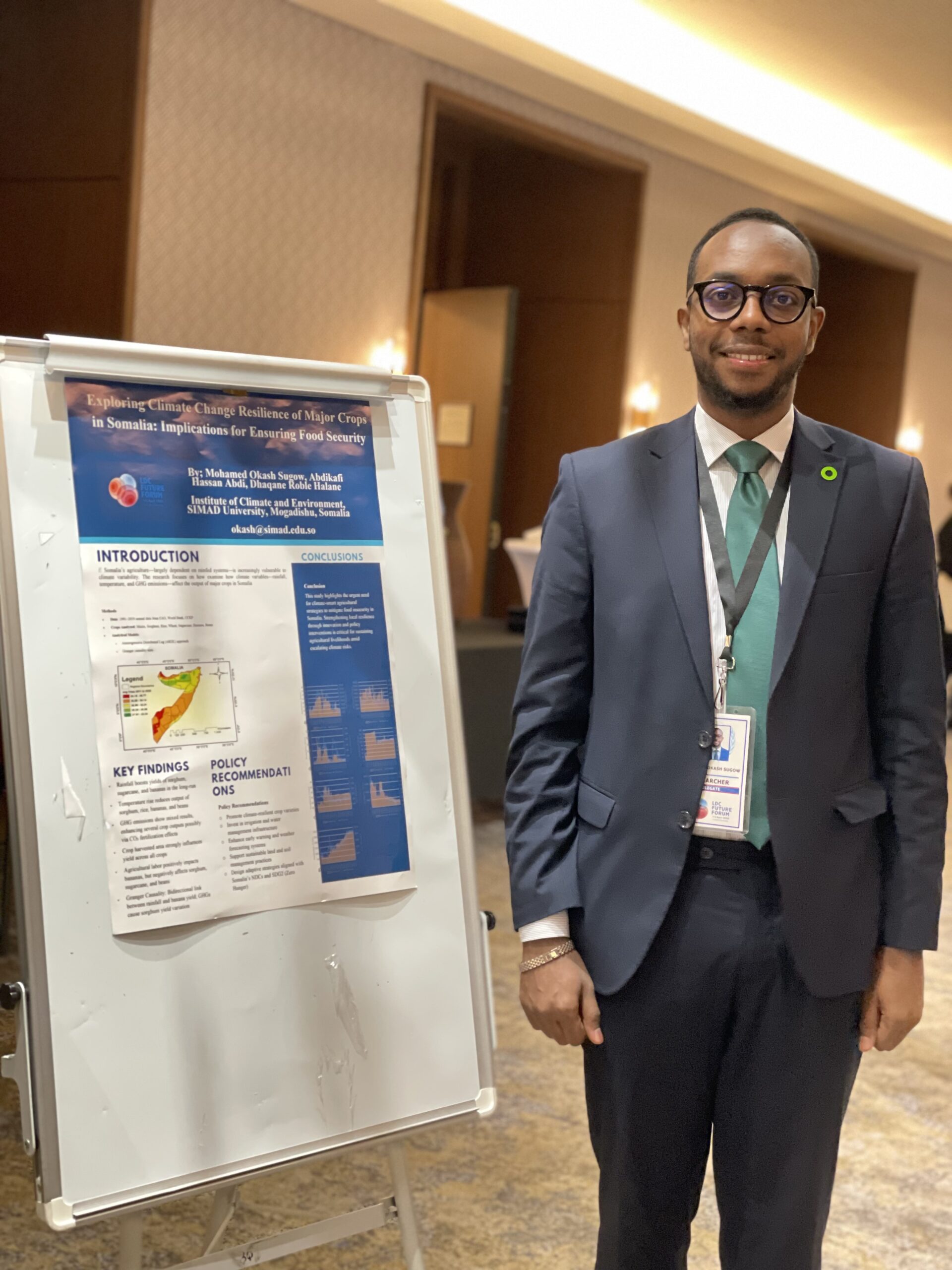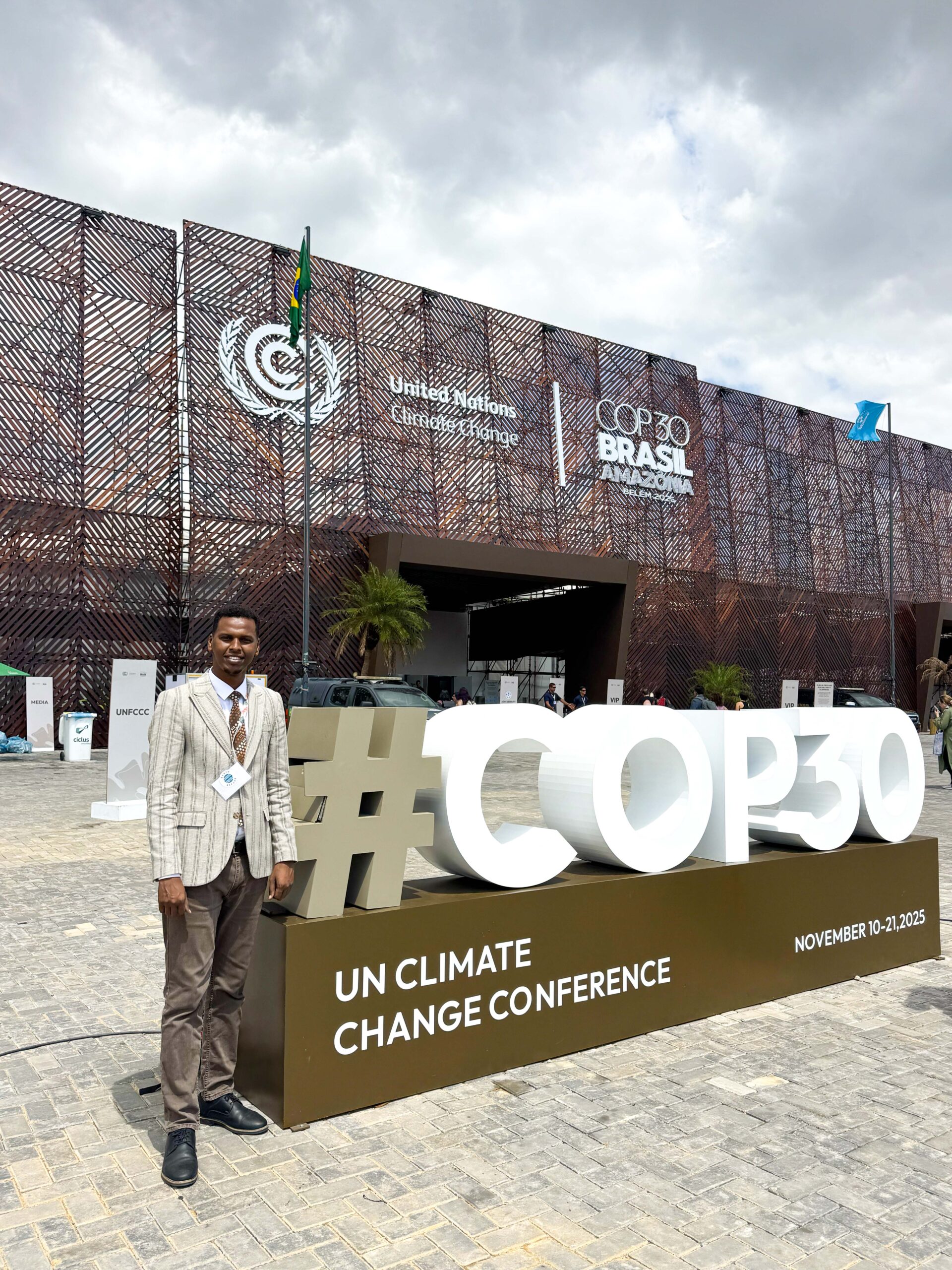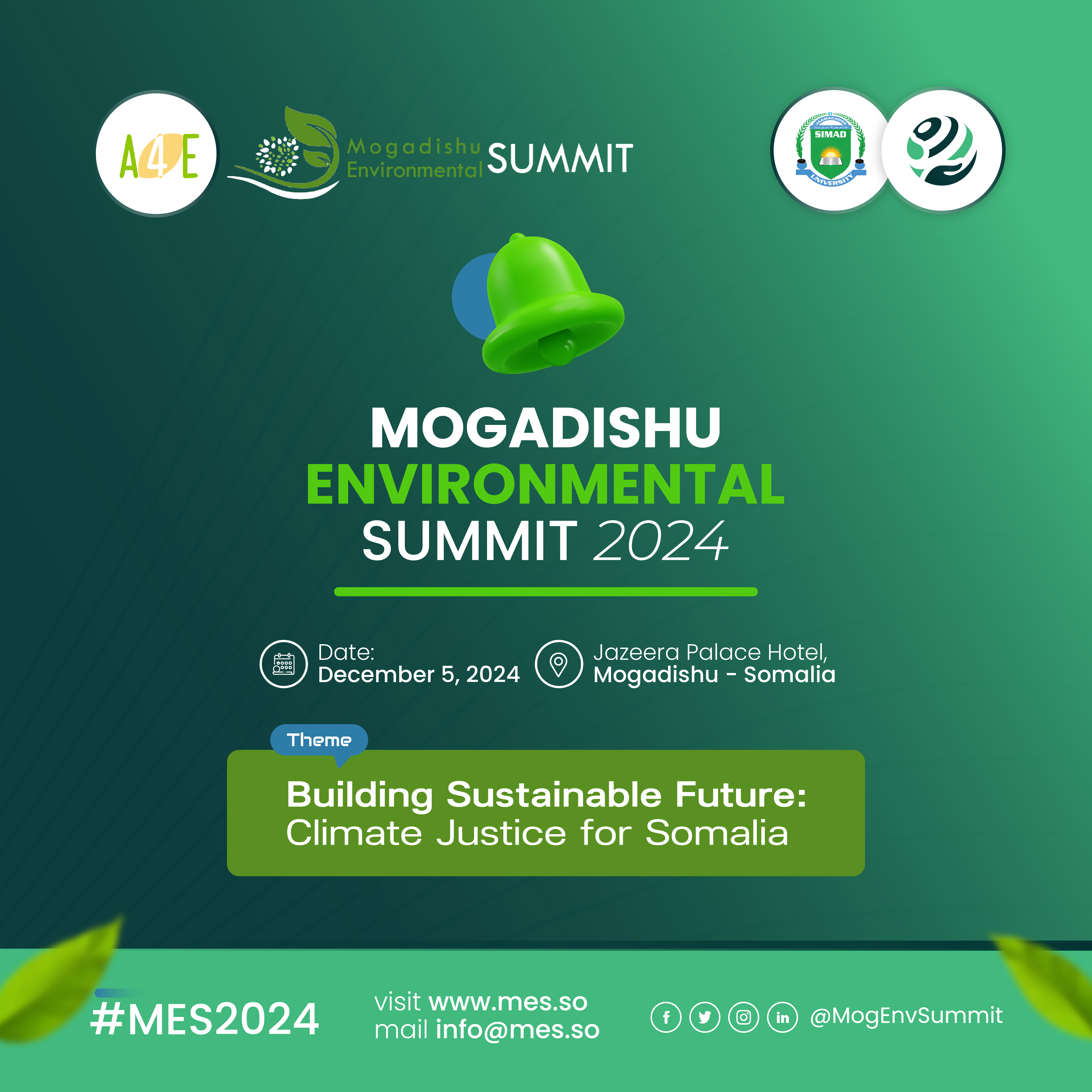
ICE Institute Participates at the 4th IGAD Scientific Conference on Migration, Displacement, and Urbanisation 2025
The 4th IGAD Scientific Conference on Migration, Displacement, and Urbanisation convened a dynamic cohort of policymakers, scholars, practitioners, and regional leaders from across the Horn of Africa for an in-depth exploration of the drivers shaping displacement and urbanisation in the region. This highly anticipated gathering illuminated the complex intersections of conflict, climate change, governance, and socio-economic dynamics, which provided a forum for evidence-based insights, robust dialogue, and forward-looking collaboration.
Representing SIMAD University and the ICE Institute, Ustad Abdikafi Hassan Abdi, Head of Research, was a featured speaker and panellist at this prestigious event. He presented an original research paper titled: “Modelling the Ramifications of Climate-Induced and Conflict-Driven Displacement in East Africa.” Drawing on comprehensive panel data from 2012 to 2023, Ustad Abdikafi’s study modelled the compounded impacts of climatic shocks and armed conflict on internal displacement across the region. Notably, the study distinguishes between displacement resulting from conflicts and that driven by climatic shocks, recognising that these two displacement typologies stem from different root causes and thus require distinct policy responses. His presentation offered crucial empirical investigation into how rising temperatures and conflict escalation are amplifying displacement trends, while revealing the necessity of integrated responses that blend climate resilience, conflict mitigation, and socio-economic interventions. His work affirmed the urgency of investing in adaptive infrastructure, strengthening governance systems, and promoting socio-economic integration to reduce displacement vulnerabilities.
In addition to his paper presentation, Ustad Abdikafi participated in a high-level panel discussion under the theme “Drivers and Root Causes”. This session provided a rich platform to dissect the complex motivations and structural drivers of mobility within and between urban areas. The panel was further enriched by the contributions of H.E. Mohamed Abdi Ware, Deputy Executive Secretary of IGAD, whose strategic perspectives elevated the discourse on regional cooperation, policy innovation, and the imperative of integrating climate and socio-economic considerations into displacement governance frameworks. Ustad Abdikafi’s insights, grounded in Somalia’s lived experiences, illuminated practical strategies to enhance resilience, social stability, and adaptive capacity across the region.
Throughout the conference, held from May 19th to 21st, 2025, at the Haile Grand in Addis Ababa, Ethiopia, Ustad Abdikafi engaged with a diverse network of experts and practitioners from Djibouti University, Makerere University, Jigjiga University, and the African Centre for Migration and Society at the University of the Witwatersrand. He also connected with representatives from IGAD, GIZ, Cities Alliance, the Somalia National Centre for Rural Development and Durable Solutions (NCRDS), and mayors of major cities, forging partnerships and exchanging ideas on climate adaptation, displacement management, and urban resilience.
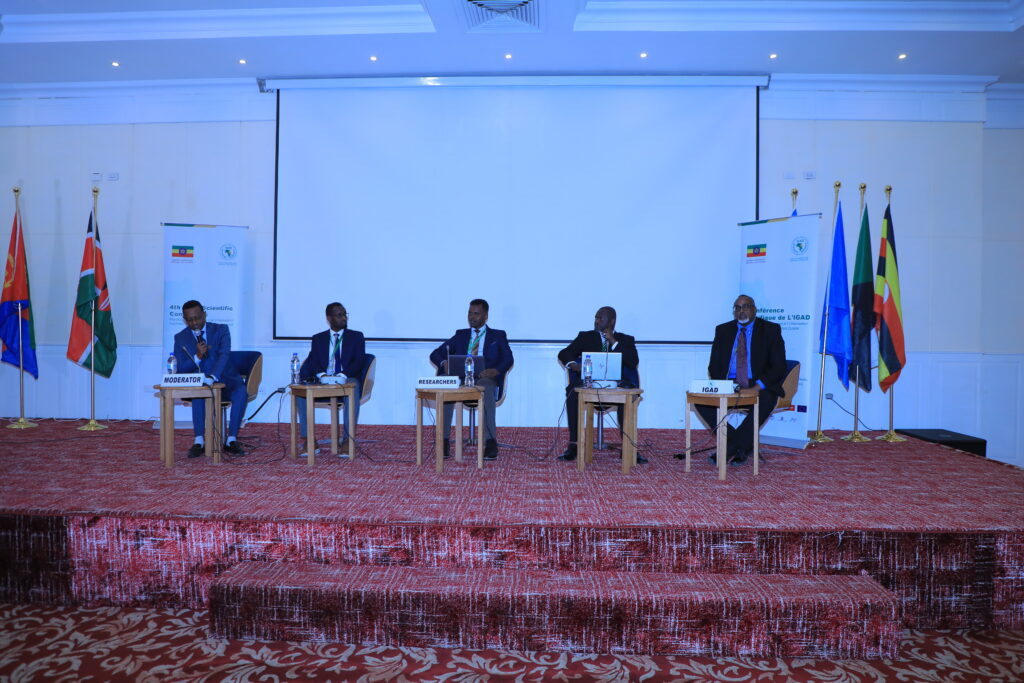
The conference programme encompassed an array of thematic sessions addressing urban governance, socio-economic integration, innovative financing, and the role of data in evidence-based planning for displacement and urbanisation. ICE Institute’s active participation not only reinforced its stature as a leading research and policy institution in climate-induced and conflict-driven displacement but also demonstrated its unwavering commitment to producing actionable knowledge and fostering transformative collaboration across the region.
ICE Institute’s engagement at the 4th IGAD Scientific Conference indicates its steadfast dedication to amplifying Somali voices in regional dialogues, advancing research-informed solutions, and shaping inclusive, sustainable strategies to address the profound challenges confronting vulnerable communities. The insights and networks cultivated during the conference will inform and inspire ICE’s ongoing work to build resilient urban systems and promote social stability across Somalia and the Horn of Africa.
